Basic arithmetic skills Extra Challenge Worksheets for Ages 6-9
5 filtered results
-
From - To
Explore our "Basic Arithmetic Skills Extra Challenge Worksheets" designed specifically for learners aged 6-9. These printable worksheets provide engaging and stimulating activities to enhance children's understanding of essential math concepts. Featuring addition, subtraction, and early multiplication exercises, each worksheet encourages independent problem-solving while promoting critical thinking skills. With a variety of fun themes and difficulty levels, these challenges are perfect for reinforcement at home or classroom use. Help your child build confidence in their math abilities and pave the way for future success with our creative and educational resources. Download now for hours of enriching mathematics practice!
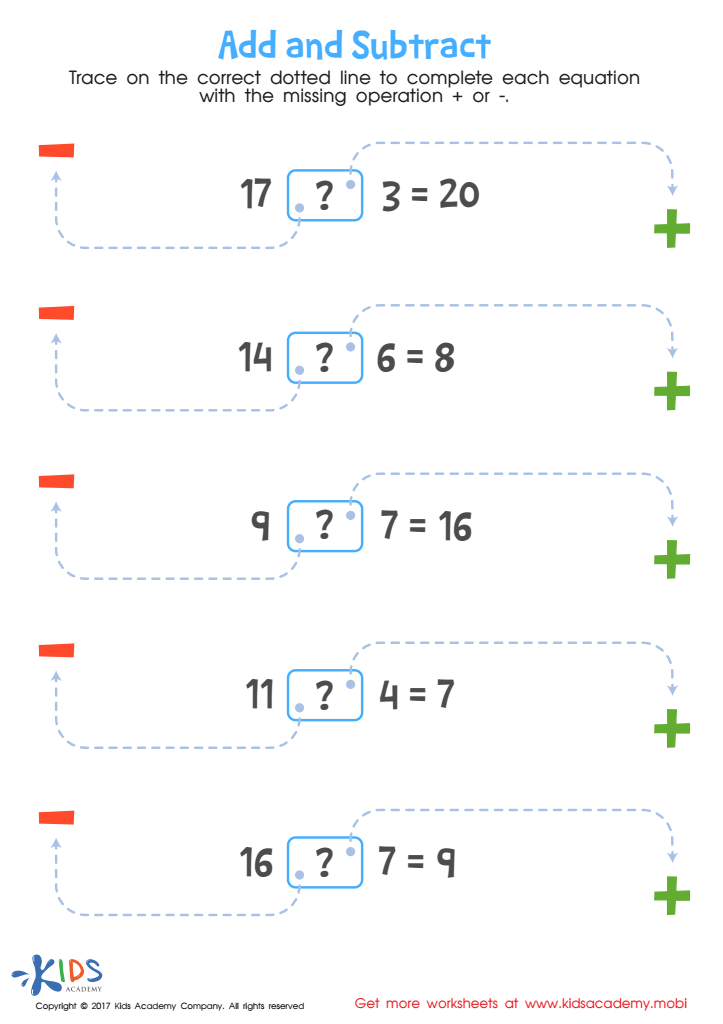

Add and Subtract Worksheet
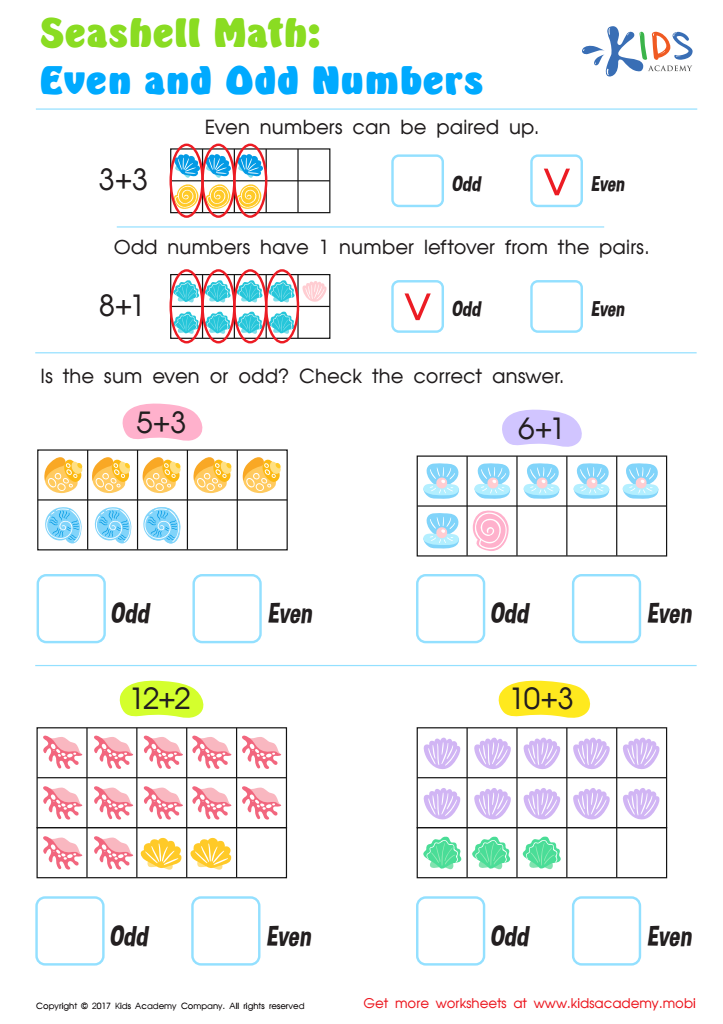

Even and Odd Numbers Worksheet
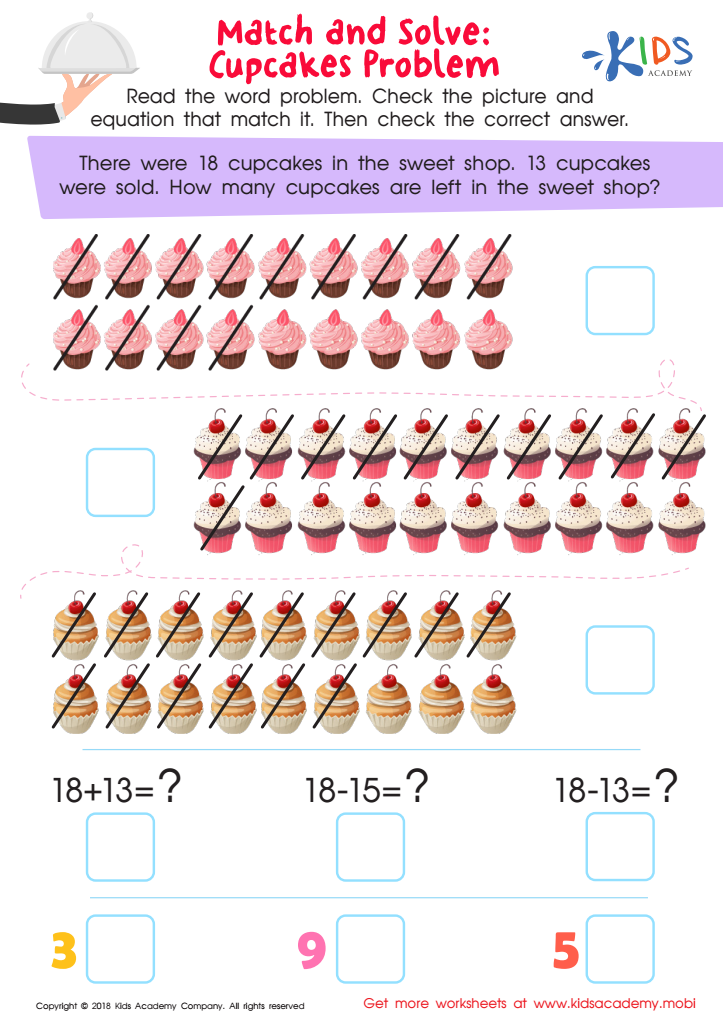

Match and Solve: Cupcakes Problem Worksheet
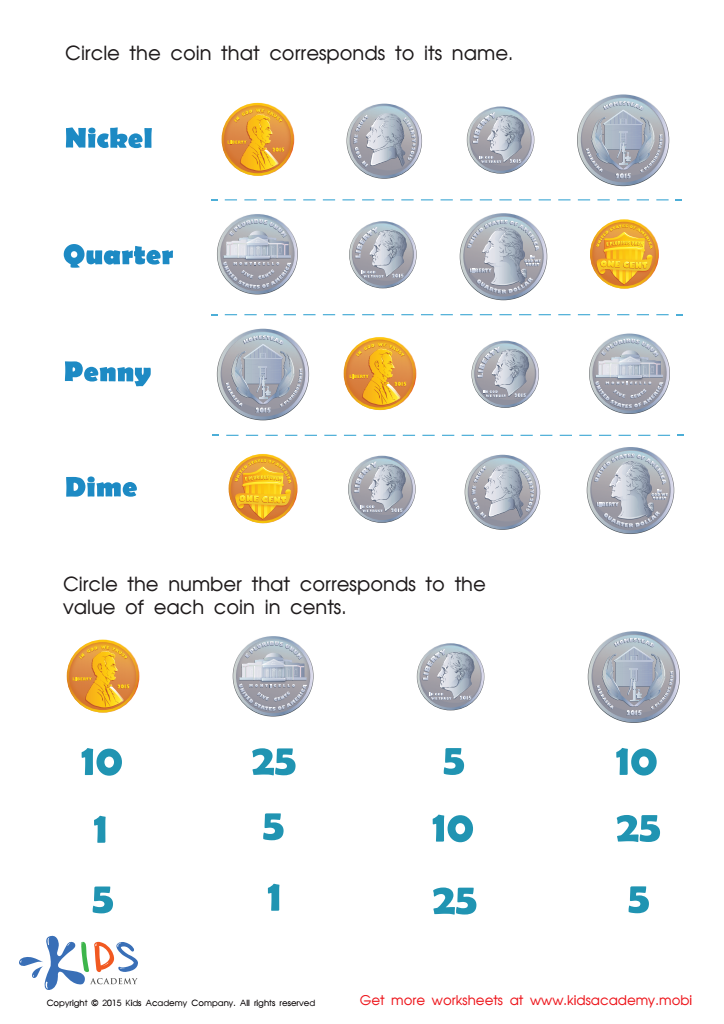

Coin Names and Values Money Worksheet
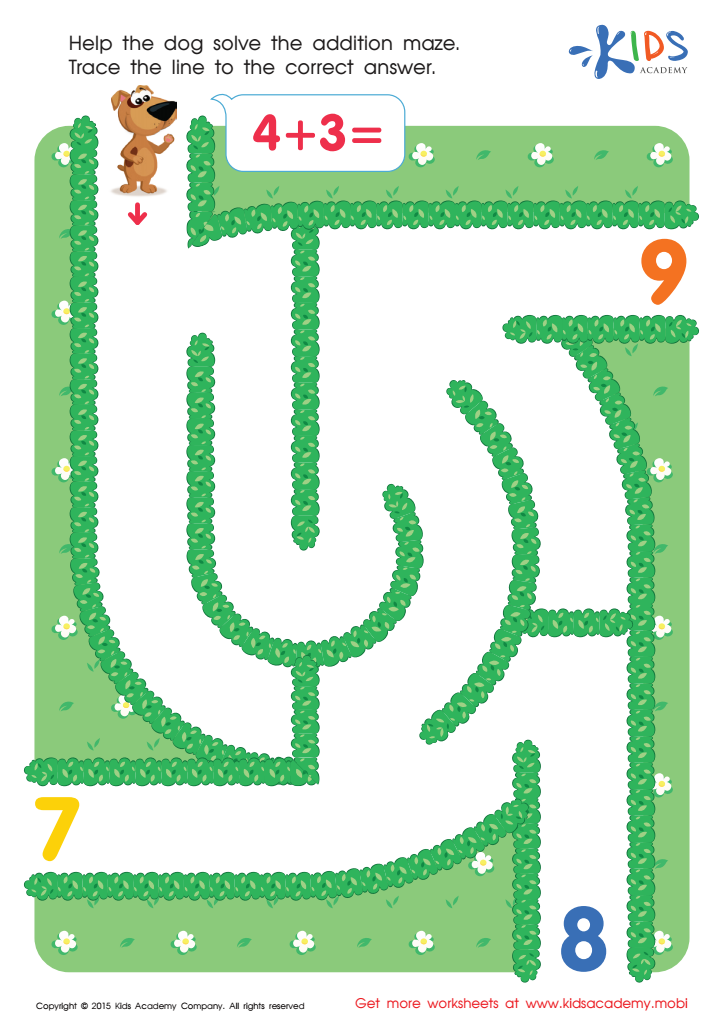

Addition Four And Three Worksheet
Basic arithmetic skills are crucial for children aged 6-9 as they form the foundation for future mathematical learning and cognitive development. Mastery of addition, subtraction, multiplication, and division equips young learners with the tools needed to tackle more complex concepts later on. These skills are not only essential for academic success but also for everyday life, such as budgeting, measuring, and problem-solving.
Parents and teachers play a vital role in nurturing these basic skills. Engaging in fun, age-appropriate challenges enhances children's confidence and competence in math, making them more likely to enjoy the subject. Moreover, challenges can foster critical thinking, perseverance, and teamwork when conducted in group settings, encouraging collaboration and social interaction among peers.
Furthermore, exposing children to basic arithmetic skills through practical applications, like cooking or shopping, helps them understand the relevance of math in real life. Recognizing the importance of developing these foundational skills fosters a growth mindset in children, motivating them to embrace mathematical challenges as opportunities for learning. In essence, prioritizing basic arithmetic skills means laying a strong groundwork for children’s future success, both academically and personally. Encouraging a positive attitude towards math at this age can lead to lifelong engagement and proficiency in the subject.
 Assign to My Students
Assign to My Students





















